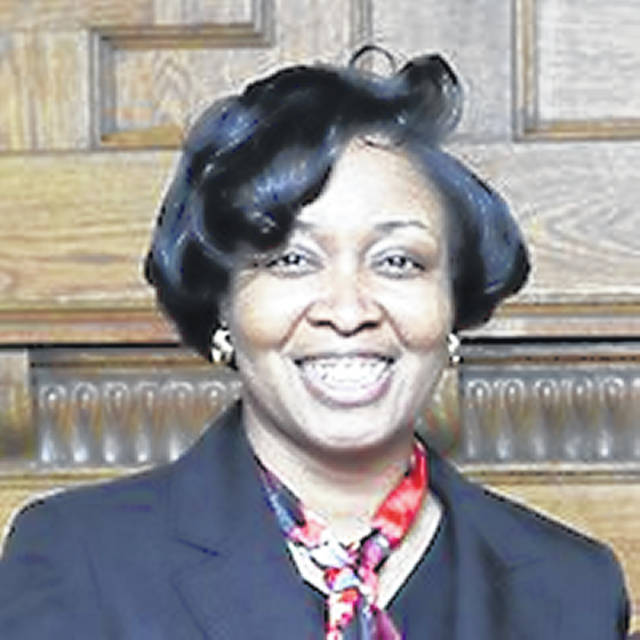The W.K. Kellogg Foundation recently presented its seventh National Day of Racial Healing town hall on NBC News NOW, which was broadcast from Los Angeles. The town hall is always held following Martin Luther King Jr. Day, and this year it was hosted by NBC anchors Kate Snow and Zinhle Essamuah.
Key topics that were discussed included educating more young people about the history and experiences of African American, Asian and indigenous people in our country, with the objective of building strong and passionate connections across diverse communities. Police shootings and their continued adverse effects on communities of color were also addressed.
The town hall began with a brief historical overview of past and present racial tension in Los Angeles, with mentions of the 1943 Zoot Suit Riots that targeted young Latino and Mexican Americans for “unpatriotic clothing,” the 1965 Watts riots that erupted after an altercation between 21-year-old Marquette Frye and police after he resisted arrest for drunken driving, and the 1992 riots that spanned several days after the police beating of Rodney King.
The town hall also cited data from the Federal Bureau of Investigations, which shows that the number of hate crimes in the U.S. “have more than doubled between 2014 and 2022” with an alarming 7% increase from 2021 to 2022. The FBI compilation of statistics on hate crimes began one year prior to the King riots.
A recent survey on L.A. residents was highlighted that revealed less than 10% of them believe different racial groups peacefully coexist within the city. These results were similar to a 2019 national survey conducted by the Pew Research Center. Pew research that year found 58% of Americans from a 6,637 sample size felt race relations were “generally bad,” and 65% believed that “it’s more common” for people to “express racist views.”
Rep. Barbara Lee (D-Calif.), who was one of the political leaders interviewed for the racial healing town hall, referred to this current mood in the country regarding race as an “inflection point,” where we will either move forward or backward.
As I listened to Lee and the other experts in areas of law enforcement, psychology and mental health, much of their conversation centered around transformation in terms of helping people heal and navigate through their differences. This was good dialogue, but one thing that particularly stood out to me was that there were not any ministers who were interviewed concerning their thoughts on race relations.
When I think about the blueprint of the civil rights movement that was a critical historical period to get us where we are today in the continual fight for racial understanding, empathy and equality, I not only reflect on Dr. King but other influential ministers who put their lives on the line as civil rights activists — powerful men of God like James Lawson, C.T. Vivian and Fred Shuttlesworth.
Lawson, who is still with us at 95, has always been bold in not mincing words regarding the role of faith in fighting for change.
“The politics of Jesus and the politics of God are that people should be fed, that people have access to life, that people should be treated equally and justly,” Lawson said in a 2017 interview for The Tennessean.
In terms of having “access to life,” the racial healing town hall had a segment on fighting poverty in rural Ashland, Kentucky, where efforts are being made to bring poor Whites and Blacks together to advocate for better living conditions as a united front. In many ways, this work is comparable to the Poor People’s Campaign that King was organizing before he was assassinated in 1968.
One of King’s most well-known quotes concerning those who were living in destitute conditions is “God never intended for one group of people to live in superfluous inordinate wealth, while others live in abject deadening poverty.” But King took his message a step further when pushing for racial reconciliation, healing and forgiveness, consistently reminding those in the movement that “love is the only force capable of transforming an enemy into a friend.” He was referring to the agape love of Christ.
The racial conversation that the W. K. Kellogg Foundation is encouraging the country to have comes at a pivotal time where we can’t rest on the progress of the past while striving for a better future. However, those messages of hope and courage learned from our spirited civil rights ministers need to be included more in our present discussion. They would firmly remind us that we’ve come this far by faith.
Dr. Jessica A. Johnson is a lecturer in the English department at The Ohio State University-Lima. Reach her at [email protected] or on Twitter @JjSmojc. Her opinion does not necessarily represent the views of The Lima News or its owner, AIM Media.







